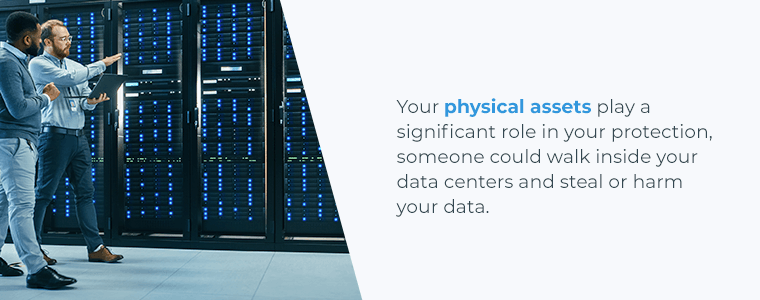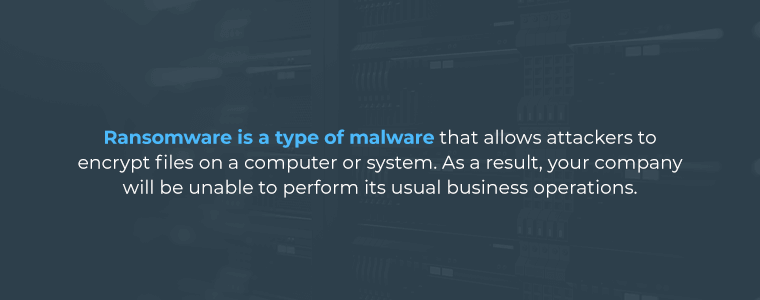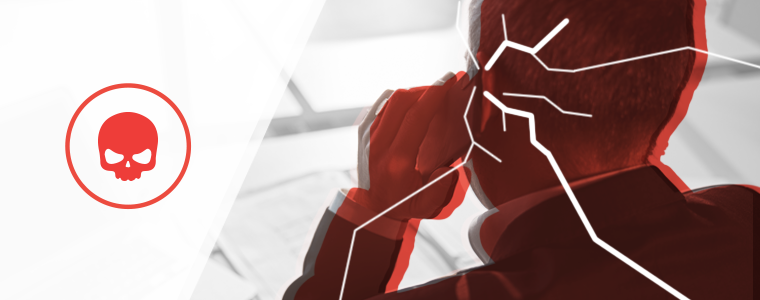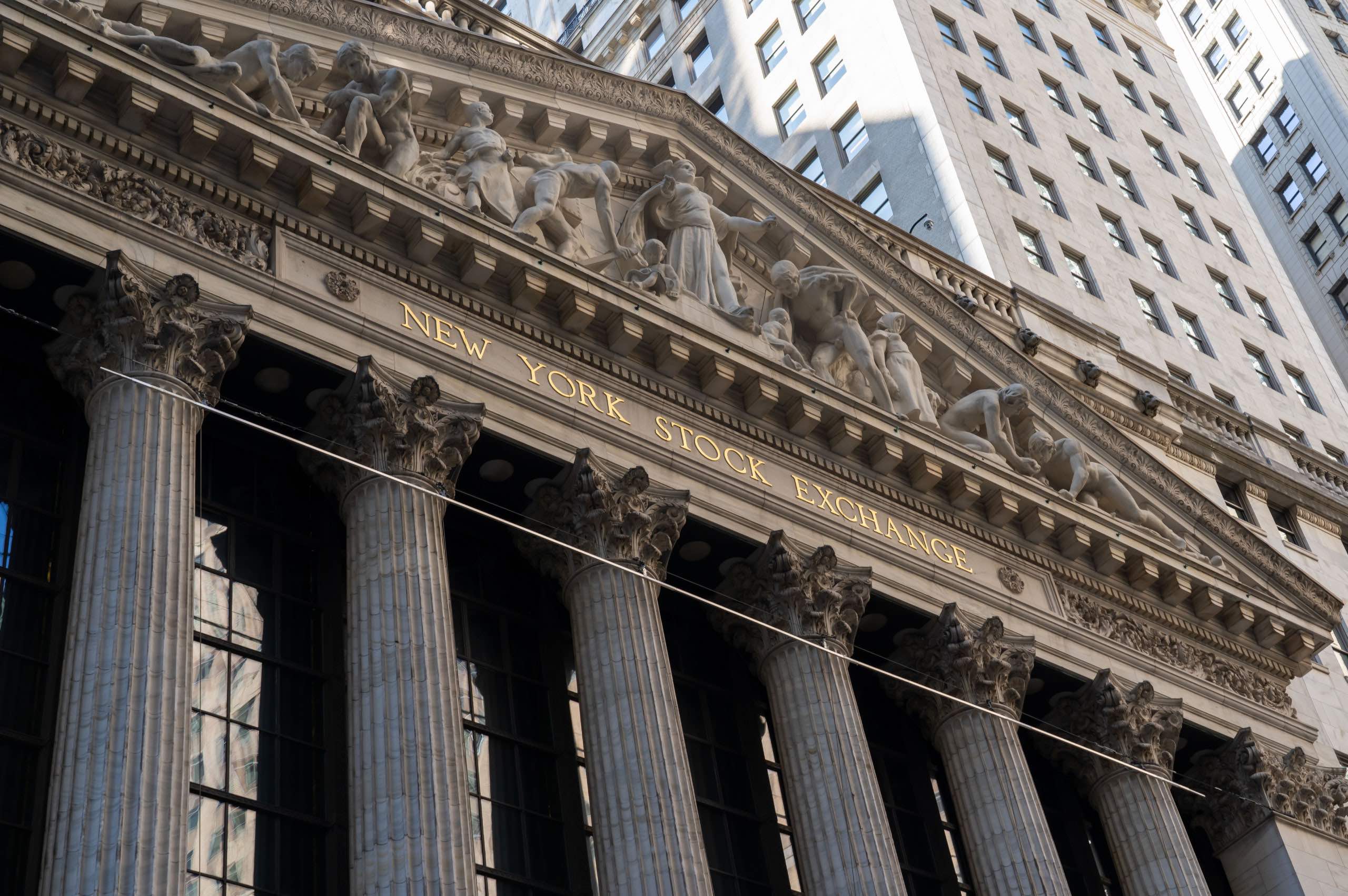Cybersecurity Risks for Hedge Funds
As a hedge fund, you face the potential of cyberattacks daily. Attackers can infiltrate vulnerable systems and steal your sensitive data. These security breaches can harm your profits, reputation, and client relationships.
There are several cybersecurity challenges that hedge funds may experience, and it’s essential to recognize these risks and learn how to protect your assets. When your team can take steps to prevent the most common risks ahead of time, your hedge fund is better off.
4 Cybersecurity Challenges Hedge Funds Face
Cybersecurity risks include several types of threats and attacks across all industries. Hedge funds often face threats from the following four examples.
1. Phishing Attacks
Attackers typically engage in phishing by email. They’ll often pose as though they’re employees of a real business, asking you to click on a malicious link. The link takes you to a fake website that asks for private information, or a hacker will have malware in the attachments. In either case, they steal your data to commit cybercrimes.
You can protect your firm from attacks by:
- Educating employees on identifying the signs of a phishing attack.
- Providing secure remote access.
- Avoiding giving out sensitive or personal information online in any capacity.
(Learn more about how Agio Shield detects malicious links before they reach your people.)
2. Physical Security
You might not think of your physical environment when we talk about cybersecurity. However, your physical assets play a significant role in your protection. Your data centers and servers are located somewhere, meaning someone could walk inside and steal or harm your data.
Enhance your physical security by:
- Securing the outside of your building with locks, signage, security guards, or cameras.
- Installing access control systems that require authorized ID cards with pins or biometric scans.
- Using artificial intelligence (AI)-based video analytics or other security measures.

3. Malware
Malware is malicious software that enters your computer and potentially affects your entire network. Malware allows attackers to control your device remotely, steal data, send spam messages, and more.
You can prevent malware by:
- Ensuring antivirus software is functional and updated.
- Using a virtual private network (VPN).
- Creating a firewall.
4. Ransomware
Ransomware is a type of malware that allows attackers to encrypt files on a computer or system. The bad actor will hold the victim’s data for a hefty ransom. As a result, your company will be unable to perform its usual business operations.
You can protect against ransomware by:
- Conducting regular risk assessments.
- Backing up data consistently and securely.
- Updating your systems, software, and applications as often as possible.
- Reviewing Agio’s top four recommendations for preventing ransomware.

Read More About Hedge Fund Cybersecurity From Agio
Maximize your cybersecurity and minimize risks when you incorporate these methods into your programs. Click here to learn more about Agio’s cybersecurity services and how we can help your hedge fund today.
Share post
Featured Posts
Connect with us.
Need a solution? Want to partner with us? Please complete the fields below to connect with a member of our team.



